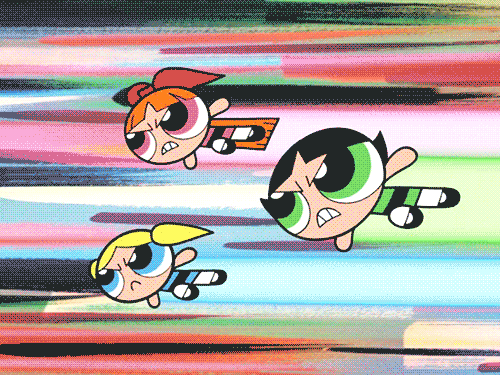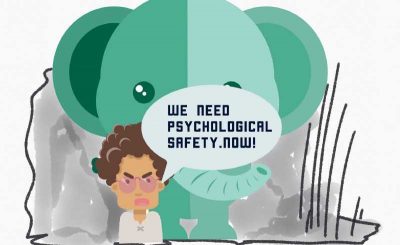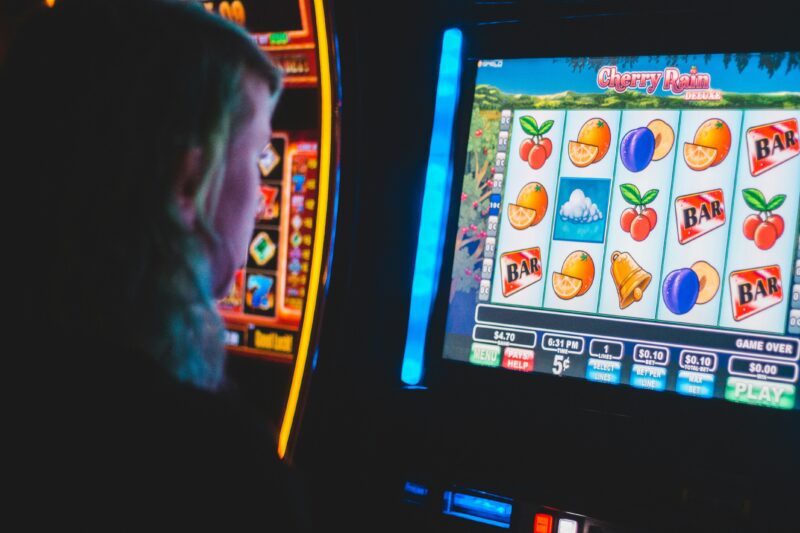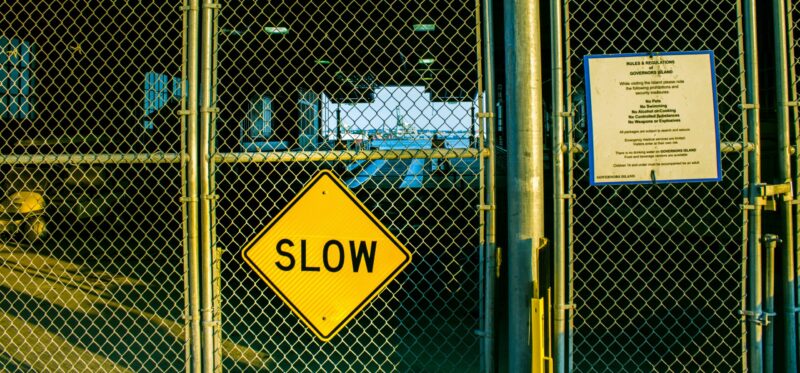How can we fix Australia’s slipping global gender equality ranking?
As of June 2022, I became the father of two teenage daughters, hurtling towards an increasingly independent future. When they were little, it seemed much easier in many ways. Yet what an exciting future they are presented with, even with the world a little messed up in many ways for women. Thank goodness for the young women who fight against those structures designed to hold them back. However, progress is slow even in seemingly respectful Australia, a country at number 50 out of 156 countries in the World Economic Forum’s 2021 gender equality index (15 in 2006).
It is empowering to see strong young women having a powerful voice. Often such strong voices are met with attempts to silence.
Across age groups and over time in Australia females are more educated than men:
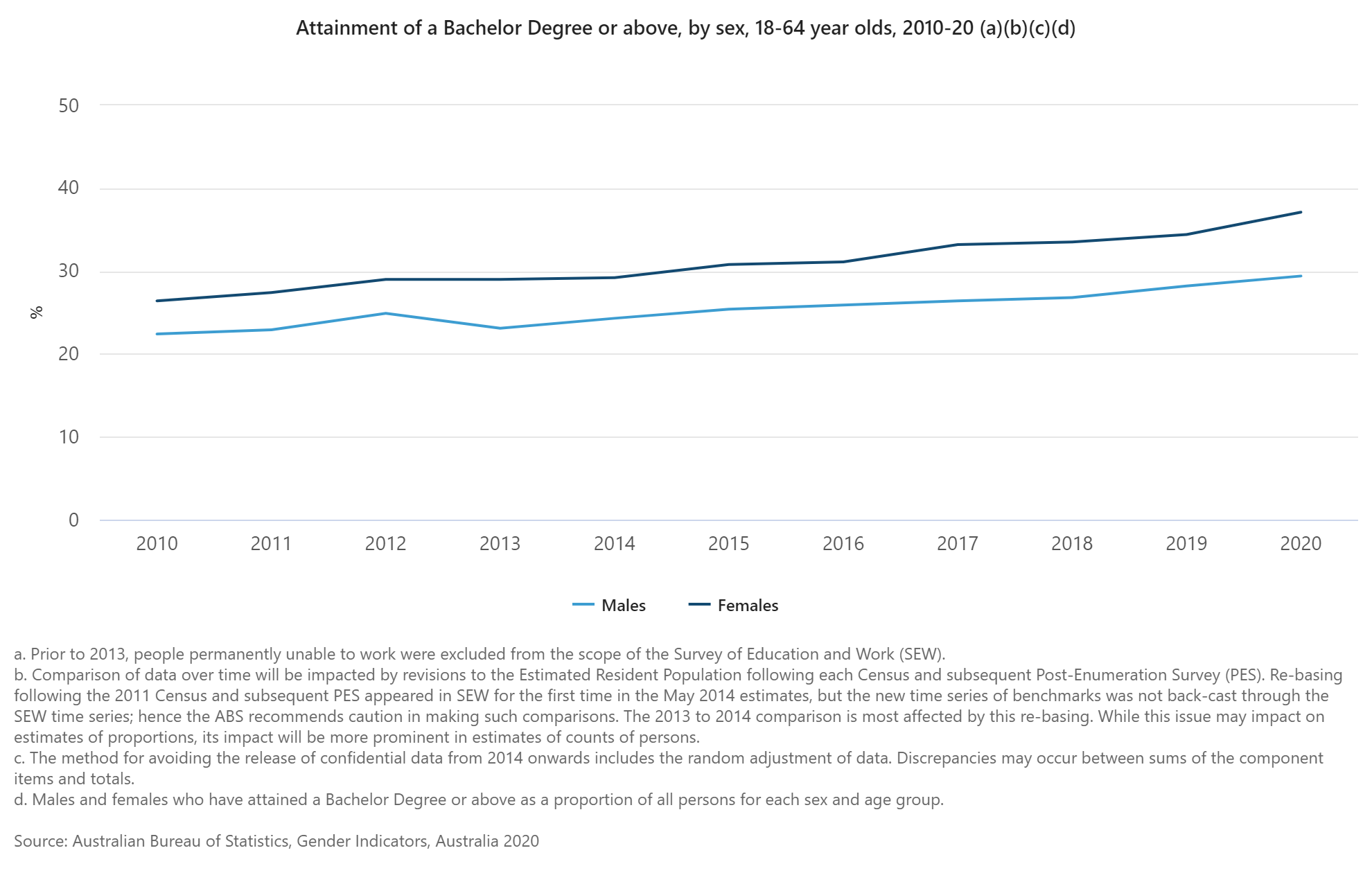
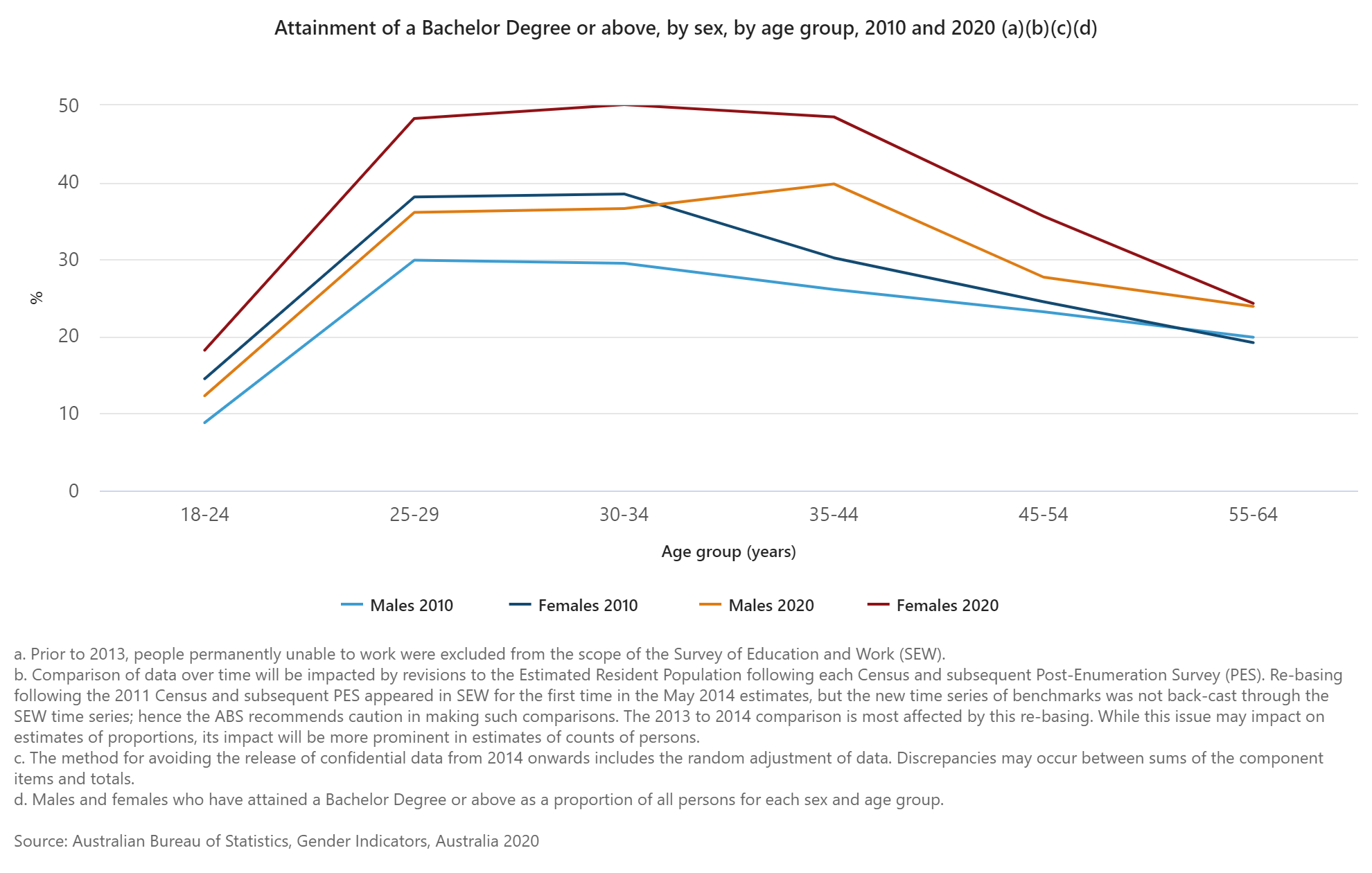
Yet, women continue to be significantly underrepresented in key roles.
- Less than 20% of Australian CEOs are female
- Less than a third of Australian key management personnel are female
- Less than 15% of board Chairs are female
Australia continues to have a large gender pay gap across manager and non-manager roles.
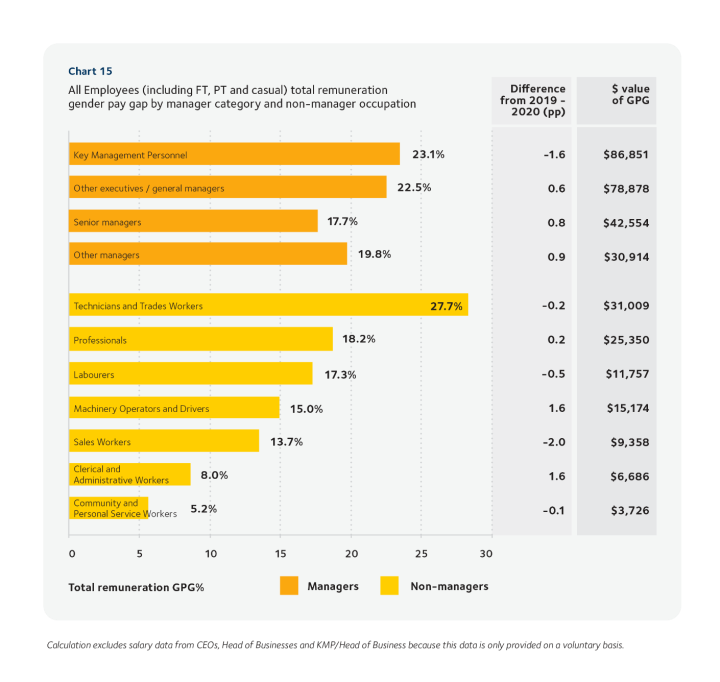
In the past 18 months in Australia there is a pleasing sense that the narrative is changing due to the labour of young women thrust into the public eye against those disconnected from reality. Those choosing not to smile and be silenced, but to have their voices heard.
2021 Australian of the Year, Grace Tame, at the time 26, received her acknowledgement in response to her role as an activist and advocate for survivors of sexual assault. Tame has just had her foundation (The Grace Tame Foundation), which focus’ on funding initiatives which work to prevent and respond to sexual abuse of children and others, endorsed by the recently elected Albanese government as a charity.
In Tame’s January 2021 Australian of the Year speech she said …
“All survivors of child sexual abuse, this is for us… When we share, we heal. Together we can end child sexual abuse. I remember him saying, ‘Don’t make a sound.’ Well, hear me now, using my voice amongst a chorus of voices that will not be silenced.”
Yet, often silence can speak louder than words.
Perhaps, sadly, one of Tame’s most memorable statements was her frosty, and non-smiling greeting of then Prime Minister Scott Morrison at the closure of her Australian of the Year term. The ‘incident’ sparked an overwhelming social media reaction, much of it negative towards Tame.
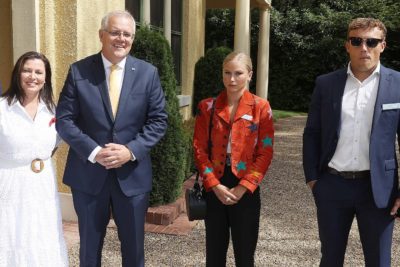
Tame’s stance was also met with support, as people applauded her conviction to her ethics in the face of forced civility. For Tame her response was pushing against a society that has women, “conditioned to smile and conform to the visibly rotting status-quo.” Society places expectations on all of us to conform to the status-quo.
On 15 February 2021 Brittany Higgins, a Liberal Party junior staffer, alleged to two media outlets that she had been raped late at night on 22 March 2019 in the then-Defence Industry Minister Senator Linda Reynolds’ office in the ministerial wing of Parliament House by a male colleague, who was not named. While the alleged assailant was sacked on 26 March 2019, this was for a security breach, not the alleged criminal behaviour.
Higgins did not feel supported by Reynold’s at the time of the alleged assault due to political sensitivity, and while she reported the crime to the police, she then dropped the complaint in April 2019, as she was fearful of the consequences on her employment. Higgins alleged that Scott Morrison was aware of the allegation in 2019. Morrison denied any previous knowledge of the assault.
In Morrison’s media address on 16 February 2022, the then Prime Minister indicated he had developed empathy for Higgins after speaking with his wife Jenny, stating she asked him ‘what would you want to a happen if it were our girls?’
Journalist Tegan George then asked ‘Shouldn’t you have thought about it as a human being?’
Morrison indicated a likely disconnect between some groups in society and men.
Tame and Higgins have played a critical role over the past 18 months in shifting the Australian narrative around sexual assault for women, children and others.
It should be an obvious statement that women be treated with respect, but the statistics continue to reveal that no matter how much it seems like progress is being made it is slower than it should be. This is still not the time for polite smiles.
Some Australian Bureau of Statistics findings …
- Women were more likely to experience sexual assault than men: 17% of women (1.6 million) and 4.3% of men (385,000) have experienced sexual assault since the age of 15.
- Both women and men were more likely to experience sexual assault by a known person than by a stranger. For women, the most common perpetrator was an intimate partner.
- 11% of women (1 million) and 4.6% of men (412,000) experienced childhood sexual abuse, most commonly by a known person who was not a family member.
- 2.2 million women (23%) and 718,000 men (8.0%) have experienced sexual violence in their lifetime (sexual assault since the age of 15 or sexual abuse before the age of 15).
Australia has fallen behind in every major dimension measured by the Global Gender Gap Index. Compared to 2006 levels, in 2021 Australia fell from 12th to 70th in economic participation and opportunity, from 57th to 99th in health and survival, and from 32nd to 54th in political empowerment. The only aspect Australia maintained its number 1 ranking, shared with 26 other countries, is education attainment for women. Australia’s women are ready to lead and close the gaps where the gender divide is much larger than it should be.

https://www.weforum.org/reports/global-gender-gap-report-2021
What is pleasing about the past 18 months is that the narrative is changing from a bit of friction. The change has been coming for some time, with women gaining positions of power, as represented by Australian state and territory ministries rising from 22 per cent in 2001 to 40 per cent in April 2022 (More >).
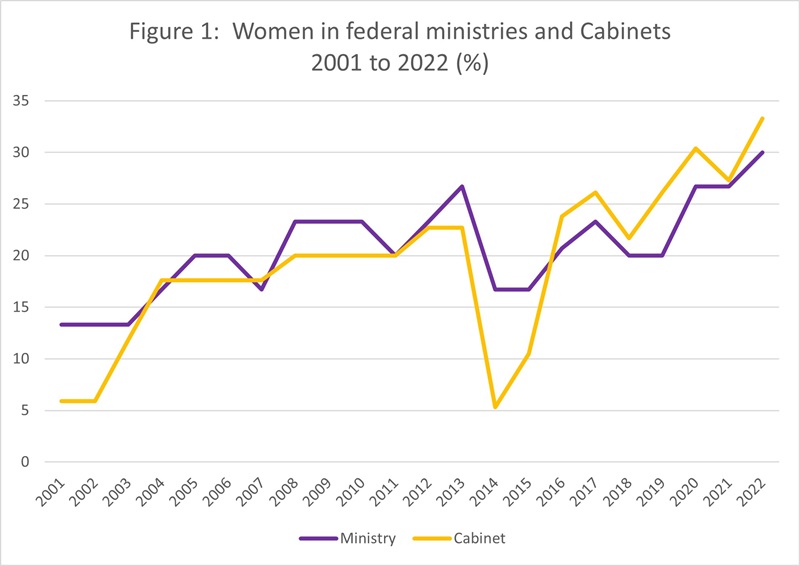
Following the 2022 Federal election, the 47th Australian parliament has set a historic record with women making up 41 per cent of the 227 seats across both houses …
- 58% females in the Senate
- 37% female MPs in House of Representatives, up from 28%.
Labor formed government with slightly more females than males. (More >)
Progress is being made in Australia, even with much opportunity for improvement in gender equality and respect. There are signs of an exciting future for strong young, and not so young, women in Australia.
